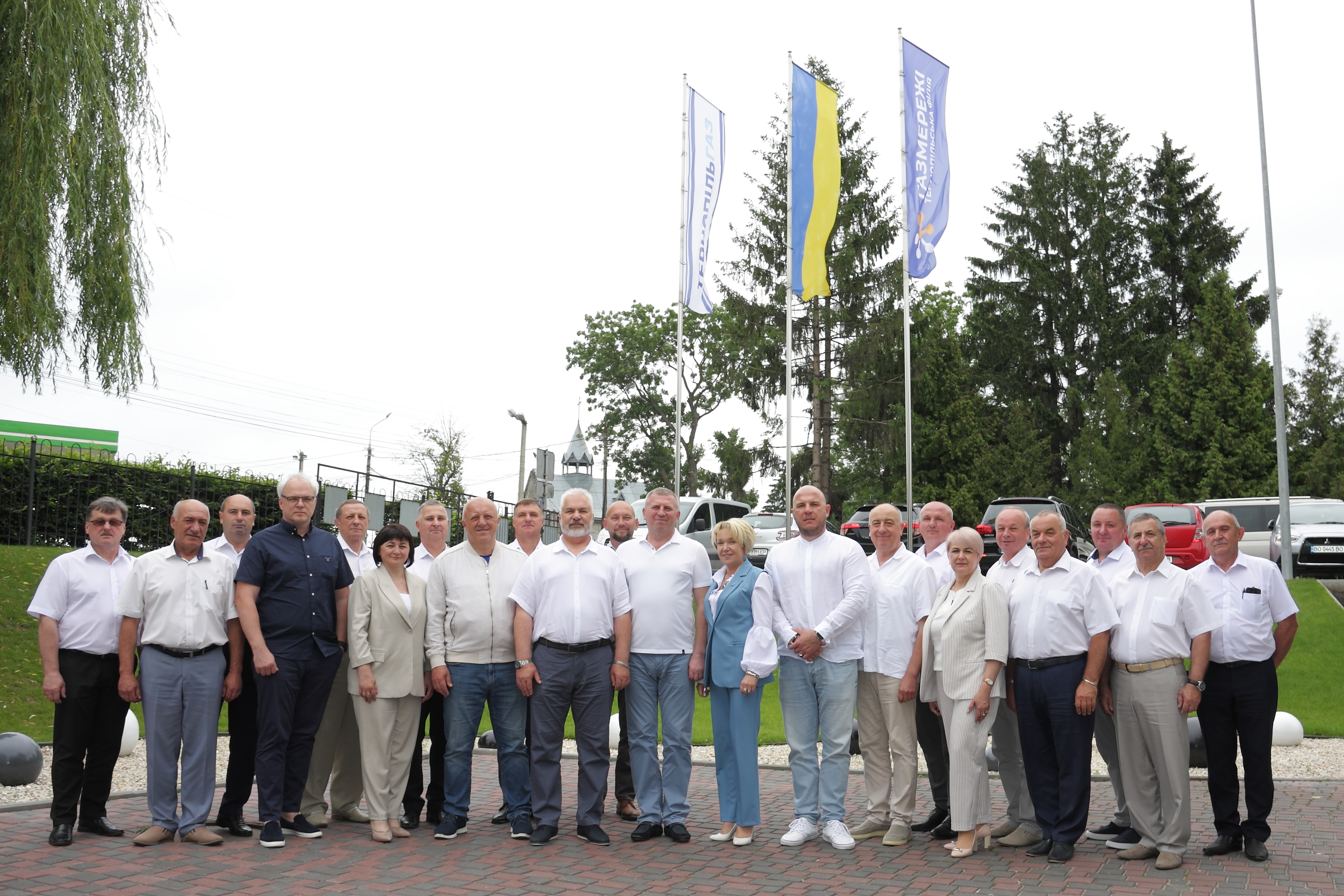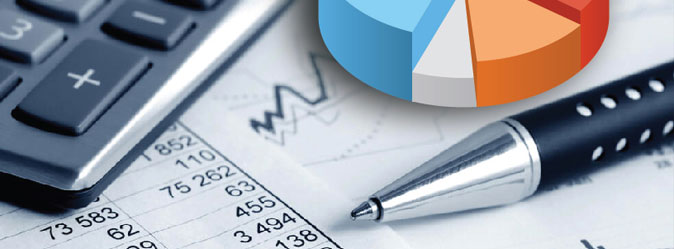What are energy units
Natural gas consumption is determined in cubic meters, but gas is consumed to release heat energy. Therefore, in the framework of domestic gas market reform, the European practice of natural gas metering – by energy units – is being introduced.
Natural gas metering in energy units is more objective, as it provides more correct and fair pricing, energy balance of enterprises facilitates and analysis of gas efficiency compared to other energy sources becomes more transparent.
On January 26, 2017, the National Energy and Utilities Regulatory Commission (NKREKP) adopted Resolution nr. 84 “On Approval of Amendments to Certain Resolutions of the NKREKP on Approval of the Use of Energy Units on the Natural Gas Market”. The document obliges gas distribution network operators to indicate in the payment documents, in addition to the volume the amount of energy consumed in three units of measurement – kilowatt-hours (kWh), gigacalories (Gcal) and megajoules (MJ).
NATURAL GAS VOLUME is the amount of gas measured by the natural gas metering unit (or determined by consumption norms, limit volumes, calculation method, etc.). This is the usual volume for the consumer, expressed in cubic units – cubic meters.
NATURAL GAS ENERGY VOLUME is the amount of heat energy released during the complete combustion of the measured (determined) natural gas volume. It can be measured in different energy units – MJ, Gcal, kWh.
Kilowatt-hour (kWh, kW*h) is an energy unit that shows the amount of energy consumed / produced by a device with a power of 1 kW per 1 hour.
Calorie (cal) is an energy unit, which indicates the amount of heat, required to heat 1 gram of water to 1 degree Celsius at a pressure of 1 atmosphere. 1 Gcal = 1000 Mcal = 1,000,000 kcal.
Joule (J) is an energy unit, required to move the point of force application of one Newton at a distance of one meter. 1 MJ = 1000000 J.
PrJSC “Ternopilgaz” publishes physical and chemical parameters of gas on gas transportation routes on its web-site. Each consumer can view the physico-chemical parameters of gas he consumes and its energy value in three units of measurement in a payment document, indicating the quality of the gas delivered to him.
At present, Ukraine and the European Union have different approaches to natural gas metering. In Ukraine natural gas metering is performed in cubic meters, while in the EU natural gas metering is performed in energy units.
In Ukraine, household consumers pay for natural gas by volume, not by energy.
The purpose of transition of the natural gas market of Ukraine to calculations and balancing in energy units is:
- introduction of differentiation of price for natural gas, based on indicators of its quality as a commodity (consumer’s calculations for the natural gas volume eliminate the consumer’s right not to pay for low-quality natural gas or pay its lower cost);
- bringing gas parameters in the domestic natural gas market to its parameters at the customs border of Ukraine with the European Union, which is a prerequisite for integration of the domestic market with the EU gas market, in particular involving European partners in use of Ukraine’s gas transmission system and gas storage facilities;
- increasing the level of energy efficiency through consumer participation in the management of own energy consumption, including through the analysis / comparison of gas volumes in energy units with alternative energy sources (electricity, heat).
In case of adoption in the second reading of the legislative draft nr. 2553, which provides introduction of metering and calculations for the volume of gas in energy units on the natural gas market, gas will be metered in energy units, as in the European gas market.
For consumers, such changes will have at least three benefits:
- the fee will depend on the quality of the energy resource. For example, consumers, who use lower calorific gas, respectively, will pay less than those, who consume gas of higher quality;
- gas metering in energy units will allow one to easily compare the economic benefits of using the resource along with other fuels (solid fuel boiler, electricity, etc.) and more economically consume the resource itself;
- gas metering will become more objective. After all, one cubic meter can contain different amounts of calories (joules or kilowatt-hours), depending on air temperature, pressure and gas composition. Energy units measure the amount of heat released during the complete combustion of a certain natural gas volume.
To determine the amount of natural gas energy, knowing the volume, you need to:
Step 1: Bring the measured (determined) volume of gas to standard conditions.
Step 2: Determine (find out) the weighted average higher heat of combustion.
Step 3: Calculate the energy amount.






